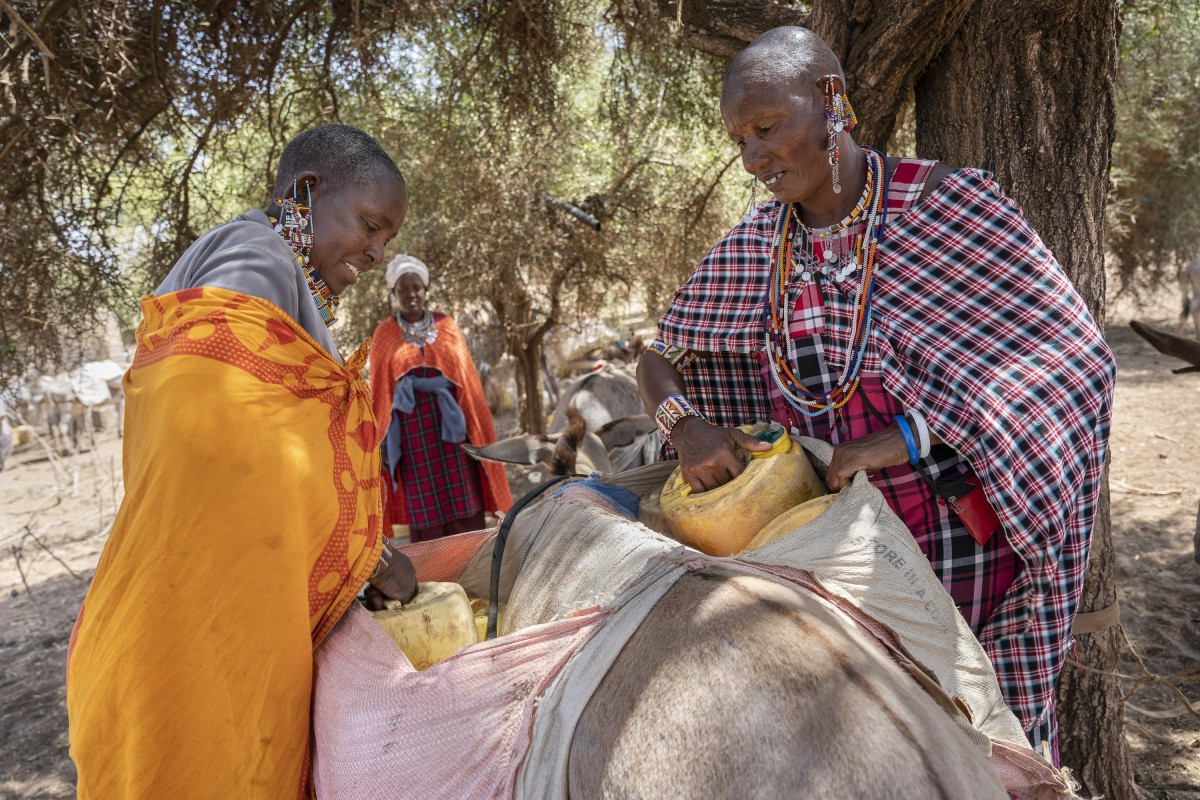Make Africa Strategy a real starting point for an equal relationship
At the end of May, the Dutch ministers Wopke Hoekstra and Liesje Schreinemacher presented the long-awaited Africa Strategy as a starting point for the next ten years. However, the political debate was postponed at the last minute due to the fall of the cabinet. This week it will take place after all, and despite the elections coming up, we should not ignore it, according to Simavi director Dieneke van der Wijk.
At first glance, the Africa strategy seems worth the wait: the world has changed and Africa's position continues to grow in weight, the now outgoing foreign ministers rightly note. In these times of geopolitical turmoil, the relationship is no longer limited to development cooperation.

The strategy also states that, from an African point of view, Europe is a continent with a colonial past that sometimes applies double standards: the right moment, in other words, for a more equal relationship with Africa and an honest dialogue about each other's interests. The strategy gives substance to this by making the objectives of the African Union (Agenda 2063: The Africa We Want) a starting point, and rightly so there is also a great deal of attention to human rights and the importance of sufficient space for civil society organisations to play their essential role.
Fine words about a just climate transition...
The urgency of the climate crisis – and with it the water crisis – seems to be recognized in the Africa Strategy, with fine words about the importance of an inclusive energy transition, sustainable and responsible trade, and contributing to Africa's climate resilience. Africa expects Europe to deliver a just climate transition, access to adaptation finance, damage and loss financing, and an implementation of the European Green Deal that does not lead to a de facto closure of the European market.
...but where are the concrete action points?
After all those promising words, the strategy unfortunately remains silent when it comes to strong actions from the Dutch government: it must finally comply with international climate agreements and release climate financing on top of the development budget, but the government did not allow itself to be tied down by concrete promises, not even in the action agenda that concludes the document.
Change from below can only come about if support is offered to local civil society organisations and governments and if attention is paid to the position of women, but there is no concrete plan for this either. Instead, the outgoing cabinet announced on Budget Day that it would cut the development budget to finance asylum costs in the Netherlands.
Crack some critical notes
We therefore call on the MPs from the Committee on Foreign Trade and Development Cooperation to crack critical notes during the debate this Thursday, about the lack of concrete policy intentions and corresponding budget for our Africa strategy for the next ten years. In view of the elections on 22 November, this makes it immediately clear which parties really stand for a more equal relationship between Europe and Africa.
Dieneke van der Wijk,
director Simavi
This article was also published on Vice Versa

